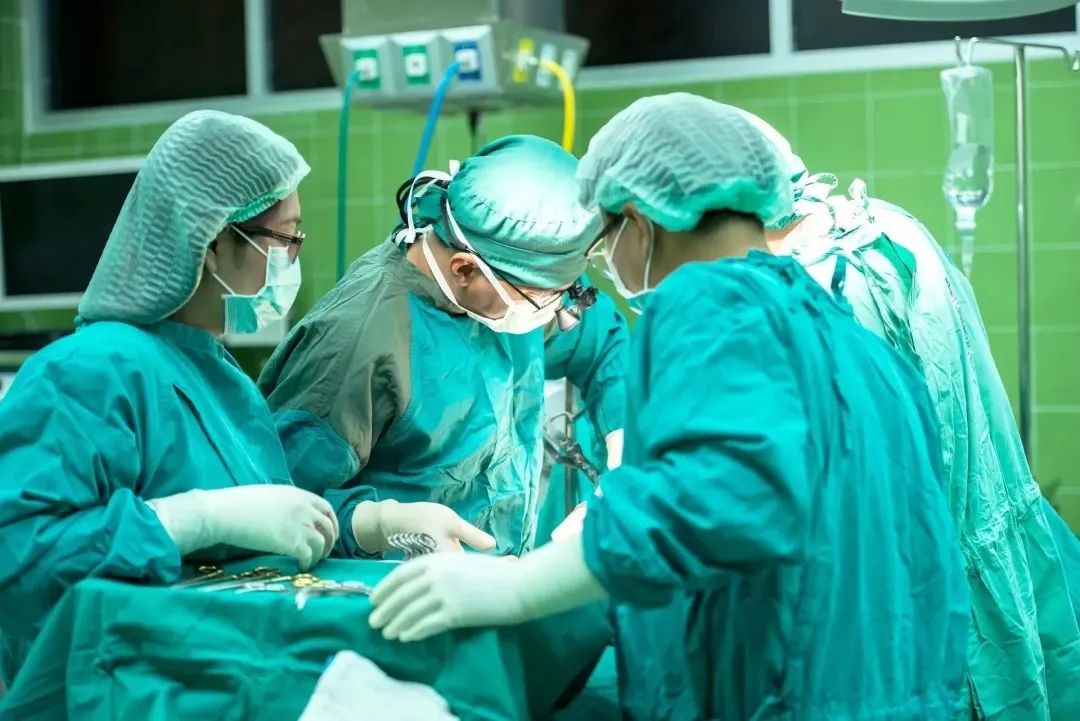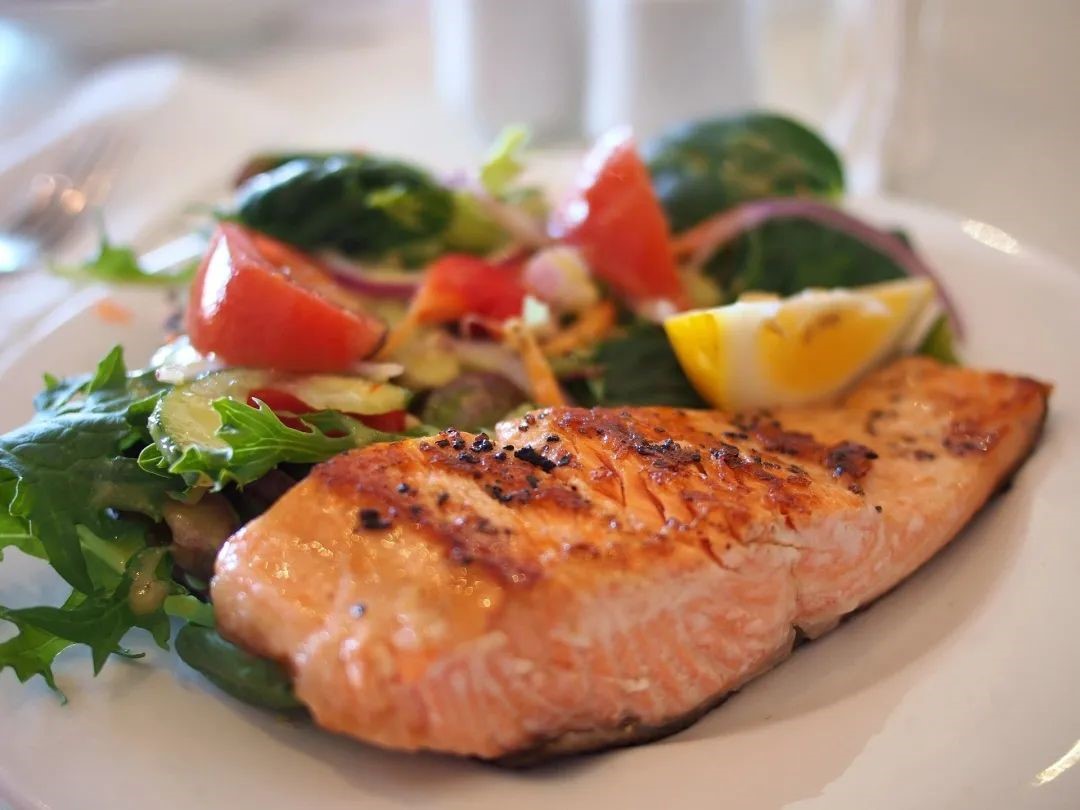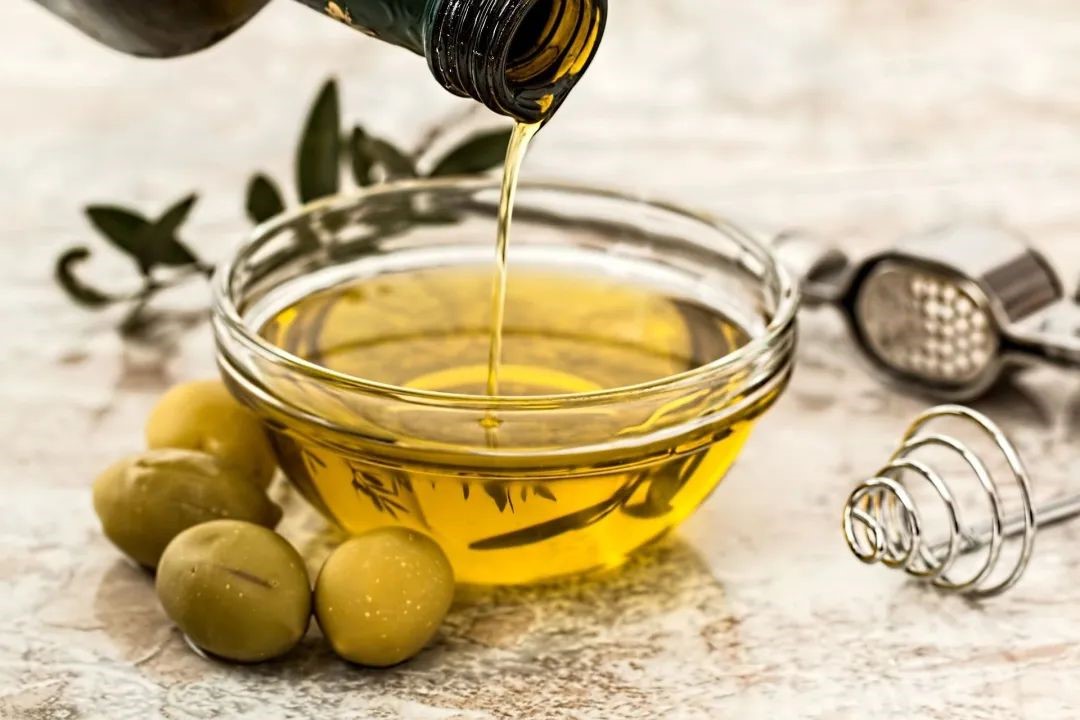With the increasing incidence of cardiovascular diseases and advancements in medical technology, more and more patients with cardiovascular diseases opt for cardiac surgery. However, treatment is merely the beginning; subsequent rehabilitation is essential for recovery. Here is a warm tip from your DeltaHealth nutritionist: if sport rehabilitation lies in the heart of cardiac rehab, then nutrition support constitutes its solid foundation.
I. The importance of post-operative nutrition support
In clinical practice, many cardiac surgeries require the use of cardiopulmonary bypass (CPB). During CPB, the non-physiological hypoperfusion may result in a decrease in protein levels and an inhibition of immune function, with the effects on the body persisting for at least seven days.

After the surgery, patients commonly experience inadequate or delayed nutritional support [1]. Furthermore, impaired cardiac function in patients with cardiovascular diseases may impact their digestive and absorptive capabilities. Some patients with cardiac insufficiency may have concomitant renal dysfunction and pulmonary dysfunction[2], which may precipitate nutritional problems like insufficient dietary intake and absorption disorders.

Domestic and overseas researches have found a strong correlation between poor diet quality and high morbidity and mortality of cardiovascular diseases. [4] Active nutritional therapy can improve a patient’s nutritional condition, facilitate postoperative recovery, shorten hospital stay and reduce postoperative complications and mortality.[3] Therefore, nutrition support is substantial to the postoperative rehabilitation of patients with cardiovascular diseases. How can one truly achieve 'adequate nourishment'? How should one determine the appropriate amount of food intake?

II. How do we know the appropriate amount of food?
Appropriate amount’ of food is a relative concept, which refers to the amount and frequency of food intake for foods of different kinds and in the same category, under the premise of ensuring a consistent total food quantity and balanced energy intake.
1. Encourage increased consumption of : minimally processed foods and those with high nutritional density
(1) Grains; fresh vegetables; locally sourced seasonal fresh fruits; fresh lean meats and poultry, fish and other seafoods.
(2) Pure milk, skim milk, low sugar yogurt, milk powder; water, unsweetened tea, black coffee, etc.

2. Reduce consumption of: deeply processed food, and foods high in restricted components such as fat, sugar and salt (<5g)
(1) Deep-fried dough stick, instant noodle, seasoned gluten snacks (spicy sticks), and various canned vegetables.
(2) Various canned fruits, candied fruits, smoked meat, cured meat, fatty meat, sweetened beverages, etc.
III. Looking into high protein diet
Protein plays an essential role in postoperative rehabilitation. If the protein intake is inadequate, it can lead to the loss of lean body mass and hinder the recovery of bodily functions. How can we ensure sufficient postoperative protein intake? Which sources of protein should be chosen?

Protein in the diet is widely available in both animal and plant foods. Balancing protein intake across all three meals of the day can help maximize the muscle protein synthesis. While ensuring adequate protein intake, it is also important to focus on the quality of protein, with high quality protein sources being the preferred choice.
High quality proteins are predominantly found in animal-derived foods (such as dairy, eggs, meats, sea foods, etc.) and soy protein. In daily diet, it is recommended to include at least 300ml of dairy products, increase intake of fish, lean meats, eggs and poultry (average daily total intake of 120-200g, equivalent to consuming fish twice a week, or 300~500g, along with 300-350g of eggs and 300-500g of animal meats), as well as soy and soy products.

When routine diets fail to meet the standard, patients can choose oral nutrition supplements under physician guidance, such as whey protein.
IV. How do we ensure a 'low-salt and low fat' diet?
High salt intake will increase the risk of cerebral stroke and hypertension. Lowering the intake of salt (sodium) can lower blood pressure. [5]
Excessive use of cooking oil will increases fat intake, causing the dietary fat energy ratio to exceed the recommended range. Excessive intake of trans-fats also increases the risk of cardiovascular diseases.

V. Dietary tips
According to the Chinese Dietary Guideline's Balanced Diet Pagoda, adults are recommended to keep daily salt intake under 5g and cooking oil at 25~30g, while avoiding excessive intake of animal fats and saturated fatty acids. Abrupt change to the diet may be hard to swallow, but one’s taste preferences can adapt over time. We must continually reinforce our commitment to healthy eating concepts and modify our cooking and eating habits.

In our daily diet, we can use measuring salt spoons, marked oil bottles or measuring cups to regulate the amount of condiments such as salt and oil. It helps us to gradually move to a lighter diet, reduce the intake of salty and deep fried foods, and progressively implement measured use of oil and salt.
VI. Tips for postoperative diets
1. Develop healthy lifestyle habits, such as quitting smoking and alcohol, avoiding staying up late, and maintaining a regular routine.
2. Adopt a balanced diet that is low in salt and fat and rich in protein.
3. Increase vegetable and fruit intake to maintain a balanced diet. Aim to consume at least 12 different foods daily and over 25 different foods weekly.
4. Adopt smaller, more frequent meals to avoid overeating, which could otherwise place additional strain on the heart.
5. Patients with special dietary needs post-surgery should follow an appropriate dietary plan under the guidance of doctors and dietitians.
Reference:
[1] Rahman A, Agarwala R, Martin C, et al. Nutrition therapy in critically ill patients following cardiac surgery: defining and improving practice[J]. JPEN J Parenter Enteral Nutr, 2017, 41(7): 1188-1194. DOI: 10. 1177/0148607116661839.
[2] 中国生物医学工程学会体外循环分会, 赵举, 黑飞龙.2015 中国心脏外科和体外循环数据白皮书[J].中国体外循环杂志, 2016, 14(3):130-132.
[3] 陈明剑,陈亮,王立清.心脏外科围术期营养筛查与营养治疗策略研究进展[J].中国循环杂志,2022,37(03):306-311.
[4] Lichtenstein AH, Appel LJ, Vadiveloo M, et al. 2021 Dietary Guidance to Improve Cardiovascular Health: A Scientific Statement From the American Heart Association [published online ahead of print, 2021 Nov
[5] 中国营养学会.中国居民膳食指南(2016)[M].人民卫生出版社,2016.